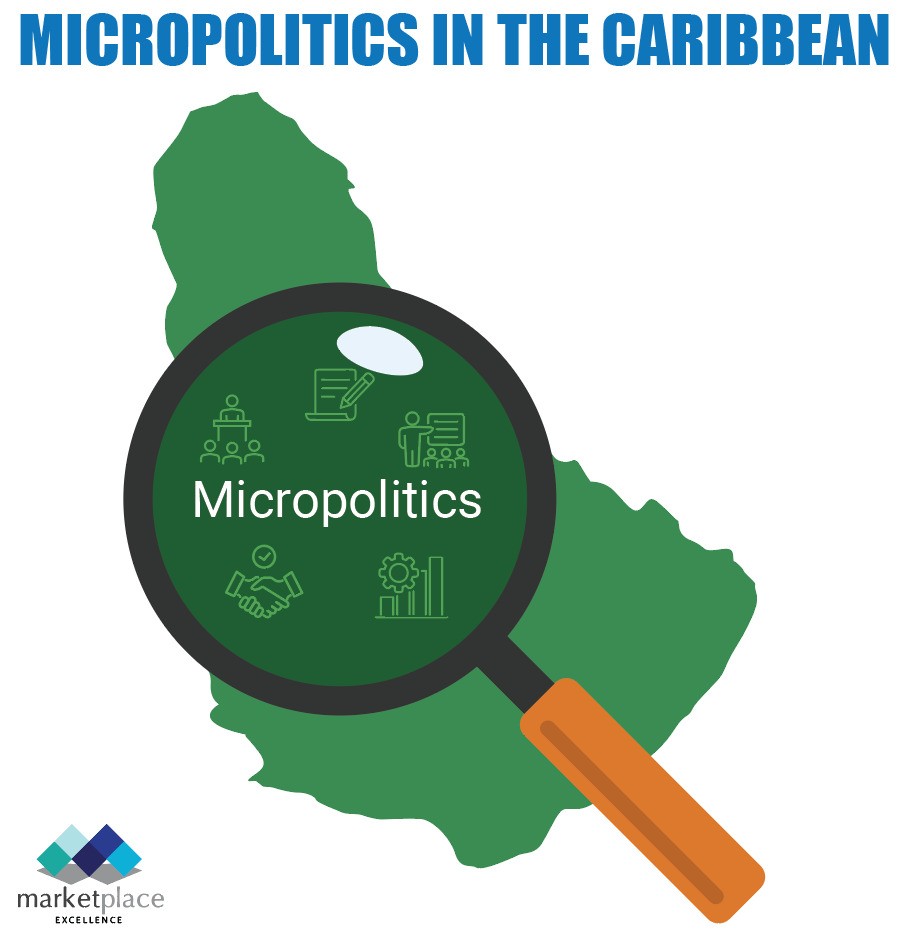“But Peter and the apostles answered, We must obey God rather than men.” – Acts 5:29
If macropolitics—at the regional and national levels—provides the policy foundation for economic growth, sustainability, and resilience in the Caribbean, then micropolitics is the arena where policies must be effectively implemented. It is at this level that politicians must deliver tangible results to the constituents who hold the ultimate power through their votes.
Micropolitics is the art of local governance. It is where broad strategies and policies translate into meaningful actions that improve daily life. It is where national objectives meet community realities, and political success is measured not by grand pronouncements but by tangible grassroots achievements.
A politician’s first responsibility is to understand the people they serve. This means selecting a geographic, demographic, or social constituency and becoming intimately familiar with their daily struggles, aspirations, and needs. Whether it is a fishing village in St. Vincent, a bustling tourism hub in Jamaica, or an urban community in Trinidad, each constituency has its unique economic drivers, cultural identity, and social challenges. Successful politicians must develop a deep, instinctive understanding of these dynamics to remain effective and connected.
Understanding constituents is only the first step. Truly impactful leaders engage directly with the communities they represent. This means attending community meetings, holding town halls, and walking the streets to hear firsthand about the issues affecting livelihoods. Relationships matter deeply in the Caribbean, and accessibility and responsiveness often define a political career. A leader who understands the cost of bread at the corner shop, the impact of rising fuel prices on fishermen, or the strain of school fees on single parents will always resonate more than those who govern from a distance.
Regardless of party affiliation, political effectiveness hinges on presenting a compelling value proposition to constituents. It is not enough to make campaign promises. Politicians must create and demonstrate a genuine commitment to improving the spiritual, intellectual, emotional, physical, business, and financial well-being of the people they serve.
The best leaders recognize governance is about service. Policies must not only be well-intended but also produce visible, practical results. If healthcare is a priority, this should translate into well-equipped clinics and shorter waiting times. If economic development is a priority, then job creation and support for entrepreneurship must follow. A strong value proposition ensures that promises made during campaigns are promises kept.
The measure of a politician’s success extends beyond winning elections; it lies in retaining public trust and support. Consistent engagement with the community, transparent communication, and an unwavering commitment to problem-solving will always strengthen the relationship between a leader and their constituents. When policies are successfully executed, trust grows, and leadership is legitimized.
Persons entering a political career must understand that micropolitics is where electoral success is won or lost. While macro-level decisions shape the broader economic and social landscape, true political worth is proven at the community level.
In the Caribbean, where democracy is vibrant and political competition fierce, those who master the art of micropolitics will endure. It is not a free and easy ride, but one that requires decency and integrity. For those who rise to the challenge, it is a rewarding way to lead.

(Dr. Basil Springer GCM is a corporate governance adviser. His email address is basilgf@marketplaceexcellence.com. His columns may be found at https://www.nothingbeatsbusiness.com).
